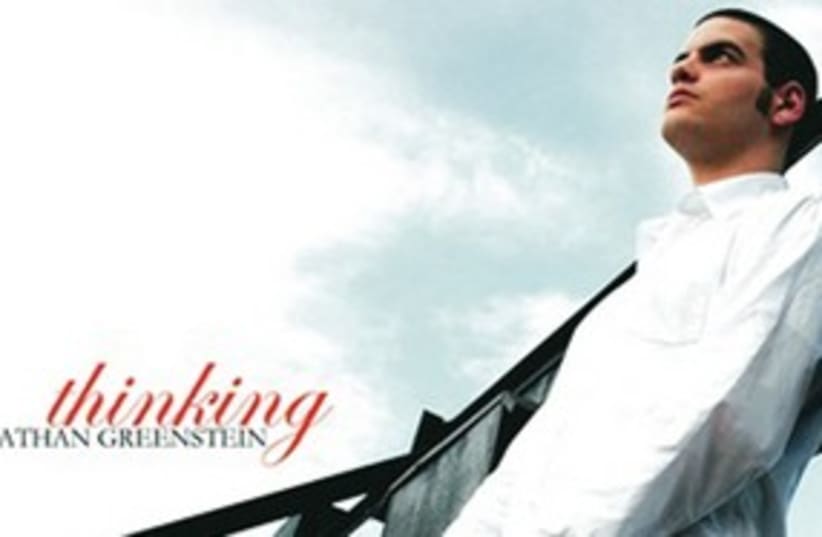Essential
Motema – Piano Culture French-born NYC resident pianist Jean-Michel Pilc has been one of the most adventurous musicians on the jazz scene for some time. He has put out several excellent trio albums, notably Welcome Home with bassist Francois Moutin and drummer Ari Hoenig, and there was a solo venture called Follow Me released in 2004.Essential is the work of a far more mature artist, replete with rich colors, playful asides and some impressive muscularity. The 18 tracks cover a wide swath of genres and styles with, for example, some delightfully caressive blues on Pilc’s self-penned title track.There are some singular renditions of standards too, including Duke Ellington’s “Caravan” which Pilc starts out with a dense one note ploy before the theme suddenly materializes. For most of the first half of the number Pilc maintains a tense staccato approach but meandering flurries eventually follow and furtive references to the original score peek though his energized reading.The crashing forays to the nether regions of the keyboard may seem to have little to do with the source melody but there is a constant presence of the Ellingtonian way of expressing drama in Pilc’s portrayal. And there is a trippingly meditative rendition of Simon & Garfunkel’s “Scarborough Fair” for good measure later.Maintaining the listener’s interest through a solo piano album can be a very demanding task, but Essential meets that challenge head on.Delfeayo Marsalis
Sweet Thunder
Troubadour Jazz Records On the one hand, when it comes to tackling material originally recorded by the likes of Duke Ellington, you’ve got to be pretty sure that you know how to go about it. On the other hand, when the source material is so strong you can allow yourself some poetic license here and there.Trombonist Delfeayo Marsalis has availed himself of both those lines of attack on his latest release, Sweet Thunder, which offers a new take on Ellington’s 1957 big band outing Such Sweet Thunder. The original release was composed at the behest of the Stratford Shakespeare Festival in Ontario, Canada and, naturally, fed off several of the Bard’s works. Marsalis has an intimate knowledge of the Ellington score, having studied it at university and written a master’s degree thesis on the connection between the Duke and the Bard.One of the pitfalls of revisiting revered material is that you can overdo your efforts to honor the original, while not offering much in the way of added value. Marsalis has managed to avoid this trap and has brought the Ellington score into the here and now with some highly energized readings, particularly by himself and older brother saxophonist Branford.“Up & Down, Up & Down”, for example, was composed by Ellington’s longstanding sidekick pianist Billy Strayhorn and dedicated, as the liner notes of the LP have it, to a “court jester who knew exactly how to make folks laugh” – the Shakespearean character of Puck being the clown in question. The number has a suitably airy insouciant feeling to it, but there is plenty of serious stuff in Sweet Thunder too.“Star-Cross Lovers” references Romeo and Juliet and is suffused with a heady romantic vibe, with Mark Gross alto sax solo evoking images of a darkly lit classic 1940s movie.The handsomely packaged CD closes with the double quick time “Circle of Fourths”, with the leader going all out on trombone.This is an album to savor.Jonathan Greenstein
Thinking
Fresh Sound New Talent Spanish-based Fresh Sound record label has offered its recording and marketing services to quite a number of Israelis over the years, including the likes of trombonist Avi Lebovich and saxophonist Eli Degibri – the latter was also one of Greenstein’s early mentors. Young Israeli saxophonist Jonathan Greenstein is the latest, with his Thinking album which includes 11 original scores.It is clear from the outset that Greenstein has a lot to offer. His sax playing runs the gamut from meaty lower registers to rougher edged expletives of the higher end of the scale. On his web site Greenstein cites his influences as ranging from 20th century classical music to neo-soul and the roots of jazz, and that comes over loud and clear on Thinking.There is a surprising maturity to Greenstein’s playing and writing, and he allows his sidemen generous room for maneuver throughout. Guitarist Ilan Bar-Lavi and guest trumpeter Darren Barrett shine particularly brightly, and the rest of the gang – pianist Victor Gould, bassist Dan Carpel and drummer Jeff Fajardo – all do the business as required.Opening track “The Big 6” starts out with a dense big band-ish feel, before Greenstein tears into the theme with gay abandon. Barrett puts in his own mellifluous pennyworth – sounding something like a hybrid of Freddie Hubbard and Chet Baker - as the number ebbs and flows with ease.There is a lovely tete-a-tete between Greenstein and Bar-Lavi on “Bencotish II” and the sidemen lay down a velvety substructure as they take in turns to spin their own take on the theme.One looks forward to further offerings from young Greenstein with great anticipation.
